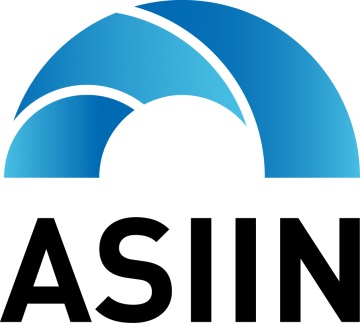 English
English Bahasa Indonesia
Bahasa Indonesia
You are here
CURICULLUM
Primary tabs
The MBKM curriculum refers to the KKNI as stipulated in the Presidential Regulation of the Republic of Indonesia No. 8 of 2012. In the KKNI, the term learning outcomes (LO) is known. In addition to referring to the KKNI, the university curriculum is also based on OBE (Outcome Based Learning), where the outcomes of higher education are indicated by the Graduate Learning Outcomes, which are a person's competence. Learning outcomes are abilities obtained through the internalization of knowledge, attitudes, skills, competencies and accumulated work experience.
The development of the Study Program curriculum in the Faculty of Mathematics and Natural Sciences UNY is based on the principles of curriculum development as follows:
- 1. Curriculum change is seen as something that must happen because of changes in science, technology, art and culture.
- 2. Curriculum development is based on the previous curriculum through self-evaluation, tracer study and in-depth futuristic studies
- 3. Curriculum development is teamwork involving lecturers, students, stakeholders and other related elements.
The development of the Study Program curriculum in the Faculty of Mathematics and Natural Sciences UNY also considers the following:
- Relevance, The curriculum and study program at FMIPA UNY must be relevant to the development of science and technology, the community's needs and the times.
- Flexibility, The study program curriculum at FMIPA UNY must have horizontal and vertical Flexibility, both in the content and implementation process.
- Effectiveness and Efficiency, The study program curriculum at FMIPA UNY is designed to be effective and efficient in its implementation to achieve the learning outcomes that have been determined.
- Pragmatic, The existing conditions can appropriately implement the study program curriculum at FMIPA UNY
The parties involved in developing the Study Program curriculum within the Faculty of Mathematics and Natural Sciences UNY are:
- Internal parties, namely deans, study programs, and lecturers who take shelter in study programs
- External parties, namely alumni, user institutions and industry.
In detail, the procedure for developing the MBKM curriculum for the Science Education Study Program is prepared by referring to the Rector's Regulation No. 7 of 2020 concerning Guidelines for the Implementation of the Independent Learning Curriculum-Free Campus for the Applied Undergraduate and Undergraduate Program, Yogyakarta State University. The curriculum development procedure includes the following steps: 1) Determination of Graduate Profile; 2) Formulation of main and additional learning outcomes; 3) Assessment of Competency Elements; 4) Determination of Study Materials; 5) Formation of Courses; 6) Determination of Credit Weights; 7) Preparation of Semester Program according to the pattern of study period 512, 611, 602; 8) Determination of Learning Activities; 9) Determination of the Assessment/Assessment System.
Kontak Kami
Program Studi Pendidikan IPA
FMIPA Universitas Negeri Yogyakarta
Kampus Karangmalang Yogyakarta 55281
Email: s1pend_ipa@uny.ac.id
Instagram: @depdikipauny


Copyright © 2025,


